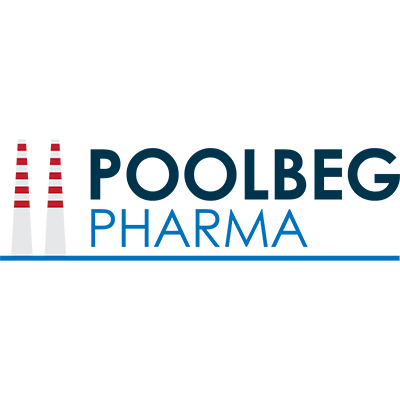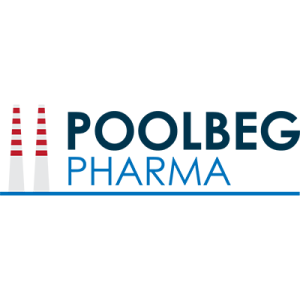Poolbeg Pharma plc (LON: POLB, OTCQB: POLBF), a biopharmaceutical company focussed on the development and commercialisation of innovative medicines targeting diseases with a high unmet medical need, has announced that it has received a Notice of Allowance from the US Patent Office in relation to its Immunomodulator II patent application. A Notice of Allowance is a precursor to the expected formal grant of a patent in due course.
POLB 001, a potent and selective Phase II-ready p38 MAP kinase inhibitor (mitogen-activated protein kinase), has strong potential across multiple disease areas. The claims which the US Patent Office have deemed acceptable to grant cover a class of drugs (including POLB 001) for treating hypercytokinaemia (cytokine storm) and for preventing hypercytokinaemia in a patient after an immune response has been triggered. This encompasses cytokine storm induced in any disease indication.


